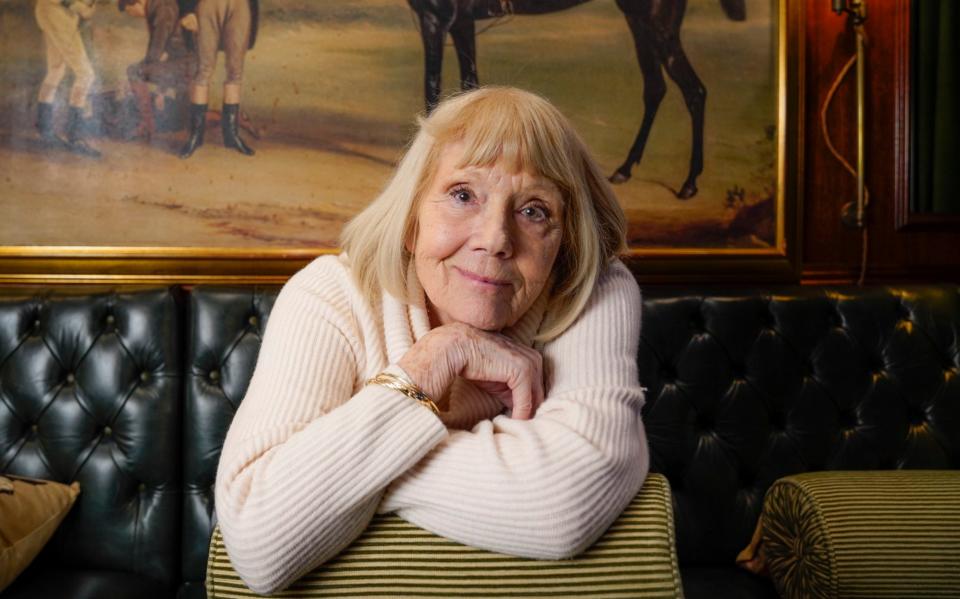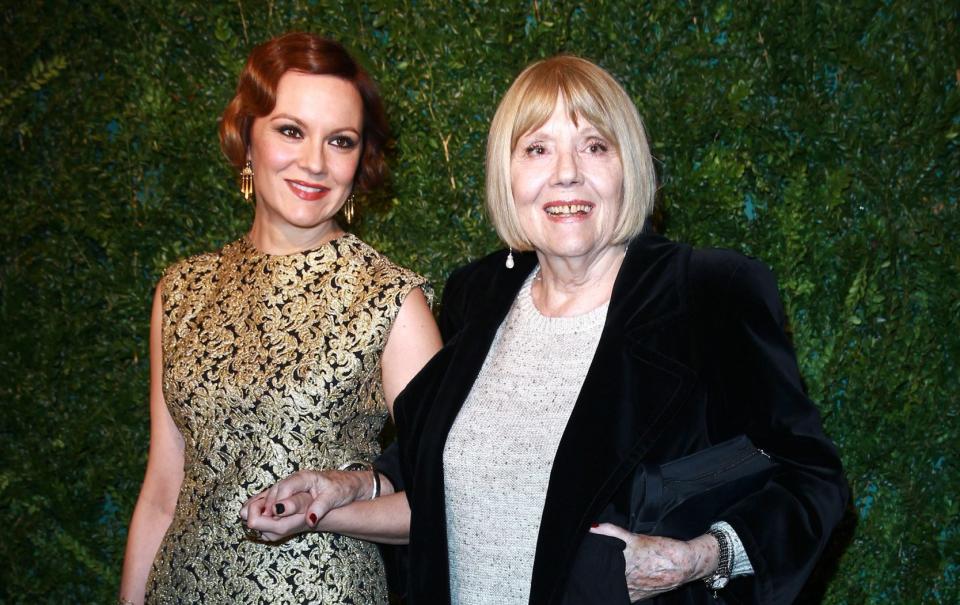The psychology of an eyebrow-raising last will and testament

Perhaps you could call it having the last laugh. Like those who ask for their gravestone to bear a witty inscription (“I told you I was ill”), there are some who appear to revel in the thought of raising eyebrows – and smiles – from beyond the grave, by way of their last will and testament. Take Leona Helmsley, the wealthy New York hotel heiress who died in 2007, leaving $12 million to her dog, a white Maltese named, fittingly, Trouble. Or Luis Carlos de Noronha Cabral da Camara, a Portuguese aristocrat who died the same year, leaving his fortune to 70 people randomly selected from a Lisbon telephone directory.
Today we can add to the list of unusual bequests that of Dame Diana Rigg who, it transpires, left £5,000 to one lucky beautician from her local nail salon. The Avengers actress, who died last September aged 82, did not – as some have – disinherit her nearest and dearest. Most of her £3,368,886 estate went to her 44-year-old daughter, Rachael Stirling. But for reasons unknown, she also remembered “Jessica of the Nail Gallery at 300 Fulham Road, London” when drawing up her will.
She is not the first to reward someone for what we can only assume was excellent service. When Golda “Goldie” Bechal, a millionaire property magnate, died in 2004 aged 88, she bequeathed £10 million to the owners of her favourite Chinese restaurant – Lian, in Witham, Essex. Perhaps unsurprisingly, this did not play well with her relatives, five of whom unsuccessfully challenged the bequest in the High Court. In fairness to Bechal, Kim Sing Man and his wife, Bee Lian Man, the owners of the restaurant, had also become her best friends. And, as legal expert Hatti Suvari points out, we are all free to leave what we like to whoever we like.
Nor is it all that unusual for people to make a quirky bequest in their will. “It’s more common than we like to think,” says Suvari, host of the Get Legally Speaking podcast. “But it’s not really a [common] topic of conversation, where we say ‘guess who I’ve left money to in my will.’”
So why do people sometimes choose unusual beneficiaries when passing on their estate? A sense of humour is often behind these bequests, suggests Suvari. “Dame Diana clearly had a great sense of humour,” she adds.
If further proof were needed, it comes in the form of another of the actress’s stipulations: that £500 from her will should be used to “provide wine at the next gathering after my death and for me to be acknowledged in the menu but not toasted.”
Clinical psychologist Linda Blair agrees a sense of humour is often paramount among those who make unexpected bequests in their will.
“[Those who do it are] the people who want you to dance at their funeral,” she says. “I think it’s marvellous and great fun.”
You learn more about the person upon discovering what they valued, she says. “They become more richly filled in.”

They may also be motivated by a desire to have some sort of agency after their death – or to leave some kind of trace. “Nobody likes to think about their end, but you’d like there to be beginnings [afterwards] and for you to have some control,” says Blair. “So you look to places that are important to you. It starts from a beneficent sentiment. People feel they want to help.”
The problem is that, as in Bechal’s case, the relatives of the person who died don’t always feel so well disposed towards an unlikely recipient of their loved one’s fortune. Nor can they be relied upon to see the funny side of a joke that’s being played from beyond the grave.
“Contested probate is very common and it’s big business,” says Suvari. “In other words, the will rolls out and someone says, ‘hold on, I haven’t been provided for, or not provided for enough.’ If someone close to you doesn’t like the look of your will, they are free to contest it.”
Grounds for contesting a will include a real suspicion that the deceased lacked the required mental capacity for drawing it up, or that undue influence occurred. “Contested probate is not always a winner,” warns Suvari.
This is no doubt unfortunate for those who feel they’ve been snubbed. They may wish to spare a thought, however, for poor Anne Hathaway. When her husband William Shakespeare died, he left most of his fortune to his daughter Susanna. Hathaway, meanwhile, was bequeathed by the great poet something a tad more prosaic: his “second-best bed.”

